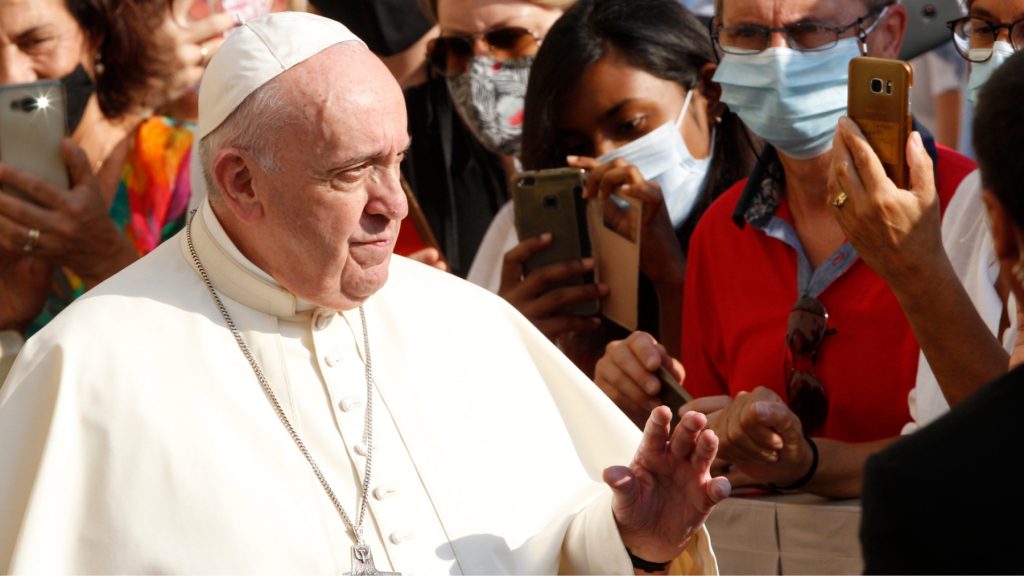
In what should come as no surprise to anyone, the Vatican has voiced its concerns about AI. Commenting on its ‘disruptive possibilities and ambivalent threats’ Pope Francis urges caution and responsibility.
‘Pope comments on AI’ is hardly an explosive exposé, but a quick character study of the man behind the caution will reveal that his comments matter very much, to a lot more than the 1.2 billion people in his parish.
This is a man who has not been afraid to take on take on the tough issues. The toughest of all has been to resurrect the moral pillars of the Vatican itself.
The dubious behaviour of many of his acolytes who thought they were protected by a religious illuminati has had to be addressed. Then there was the death of principle in the Vatican Bank, yielding demonic-scale influence in the last two decades. Even the convoluted hierarchical infrastructure of the Vatican has not escaped his wrath.
For all these reasons, there has been a target on his back for some time now. But to his flock, this has returned trust in the genuine nature of his credentials as a shepherd.
Welcomed by all Ideologies
He addressed the UN General Assembly and was recognized as a man of humility and humanity by all ideologies represented at his speech. Because his words echoed with truth and simplicity. Words not about religion or faith, but about the migration of human beings away from poverty.
As things stand with AI, the world is both enthralled and terrified by the power, both real and potential, of AI. We have had governments, developers, even the titans of the day, aka Musk and Zuckerberg, weigh in on the dangers of this technology. But now, we have a voice which carries no agenda or suspicious motive. But rather, adds a dimension which has been sorely missing from the conversation.
Conscience.
Inside Telecom provides you with an extensive list of content covering all aspects of the tech industry. Keep an eye on our Opinion to stay informed and up-to-date with our daily articles.